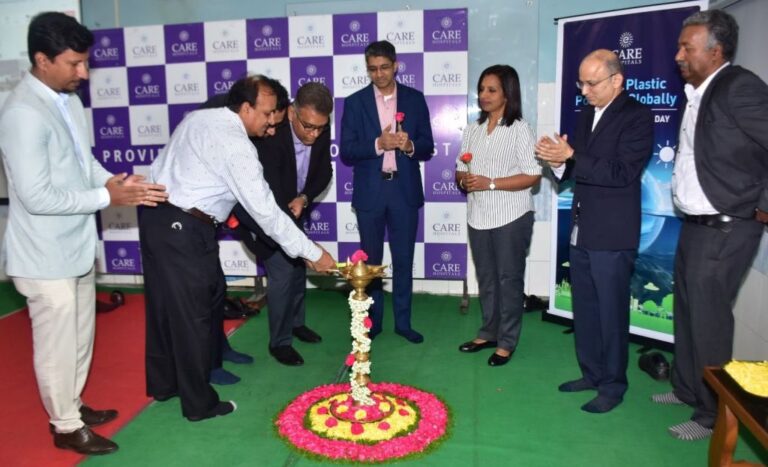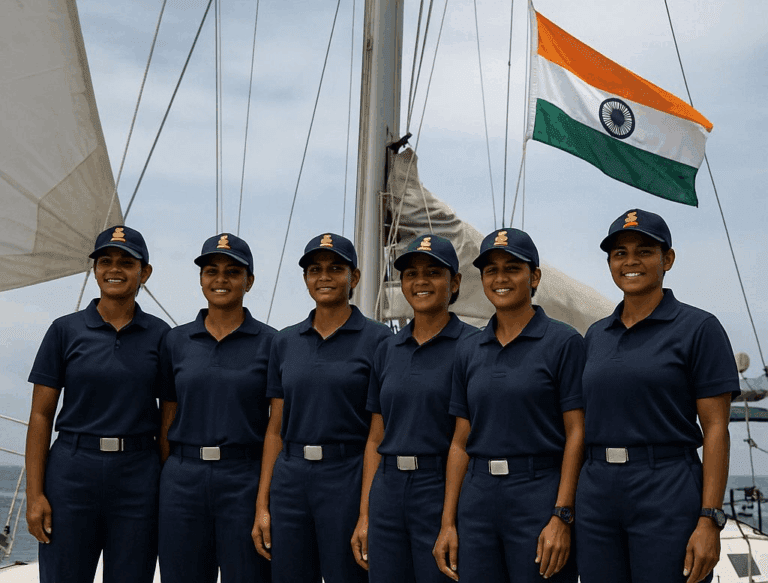
A Women in Space Leadership Programme (WiSLP) was launched by Department of Science and Technology (DST) in collaboration with the British Council as part of the UK-India Education and Research Initiative (UKIERI) on September 24, 2024. The initiative focuses on supporting institutions in strengthening gender-inclusive practices to foster women’s leadership in space sciences by developing a strategic leadership framework. Coventry University is the delivery partner in this initiative.
“This programme is a significant step towards creating a gender-inclusive environment in space sciences. By building a robust leadership framework, we can empower women to contribute meaningfully to scientific research and innovation,” said Dr. Vandana Singh, Head of the Women in Science and Engineering (WISE)-KIRAN division at DST. Michael Houlgate, Deputy Director of the British Council India, emphasized the importance of collaboration in solving global challenges and called for increased representation of women in STEM fields.
Dr. Elena Gaura from Coventry University, UK, emphasized the importance of looking for women who can transform the culture rather than simply reproduce it. The programme aims to build the leadership capacity of 250 early career researchers, equipping them with the tools to navigate gender biases and build a sustainable support network.
Prof. Annapurni Subramaniyam, Director of the Indian Institute of Astrophysics (IIA), encouraged women to engage early in the growing field of space science, which is expanding into diverse areas such as engineering and social sciences. Participants in the workshop, including academics and policymakers, discussed the national and global contexts for promoting gender equity in space sciences.
The programme would involve building sustainable mentoring networks and enhancing scientific innovation by integrating a gender perspective into critical areas such as astrophysics and telecommunications.




